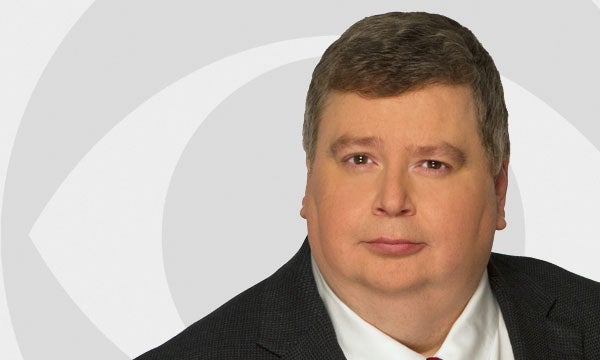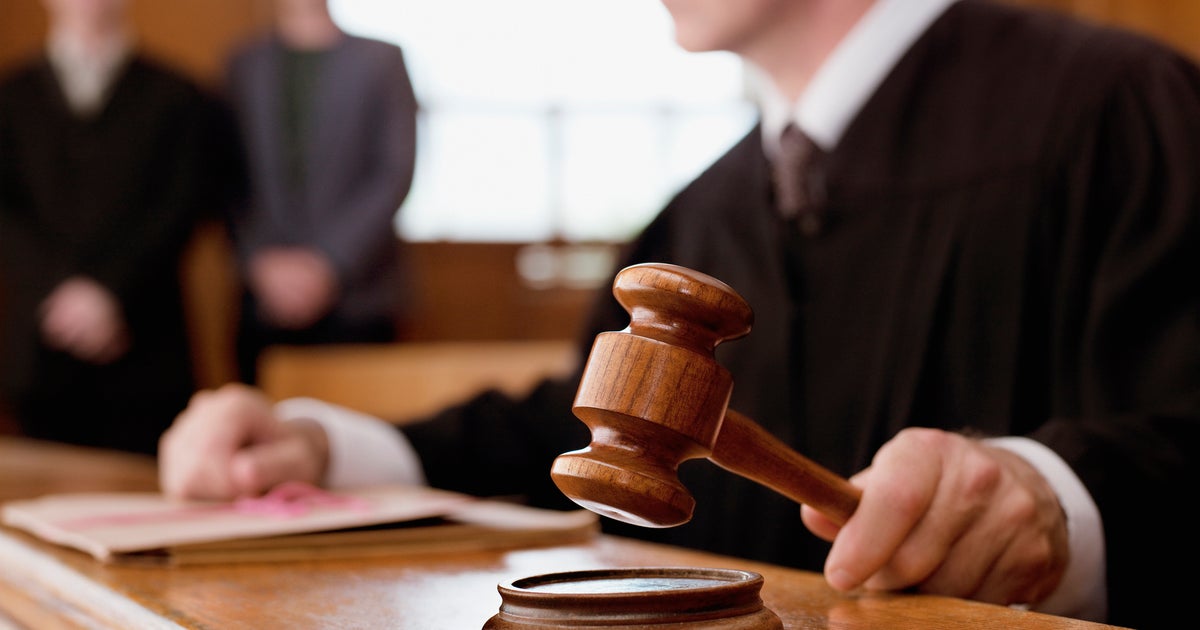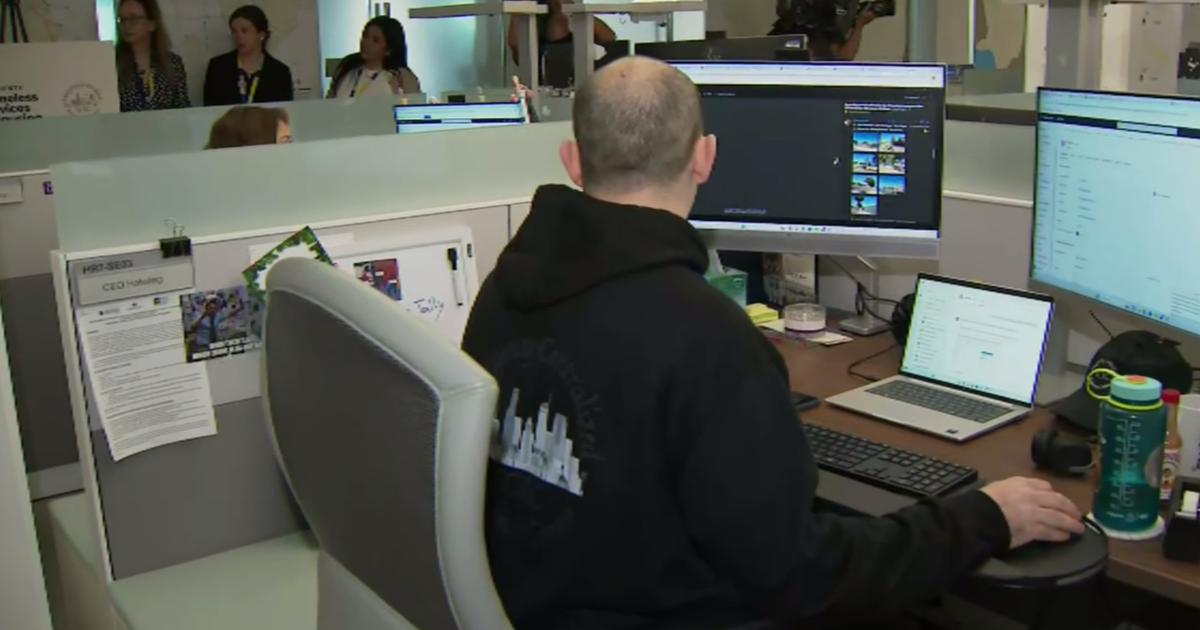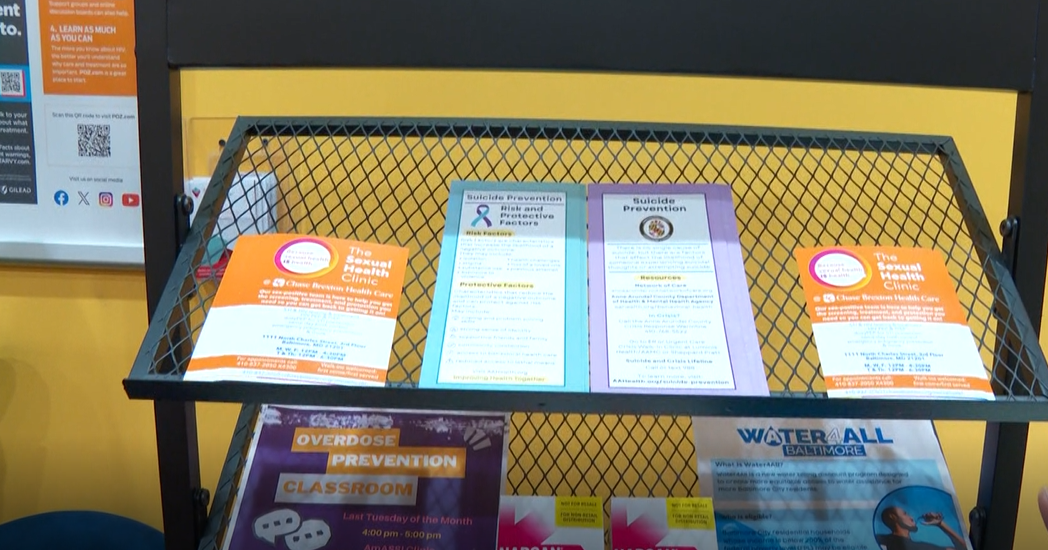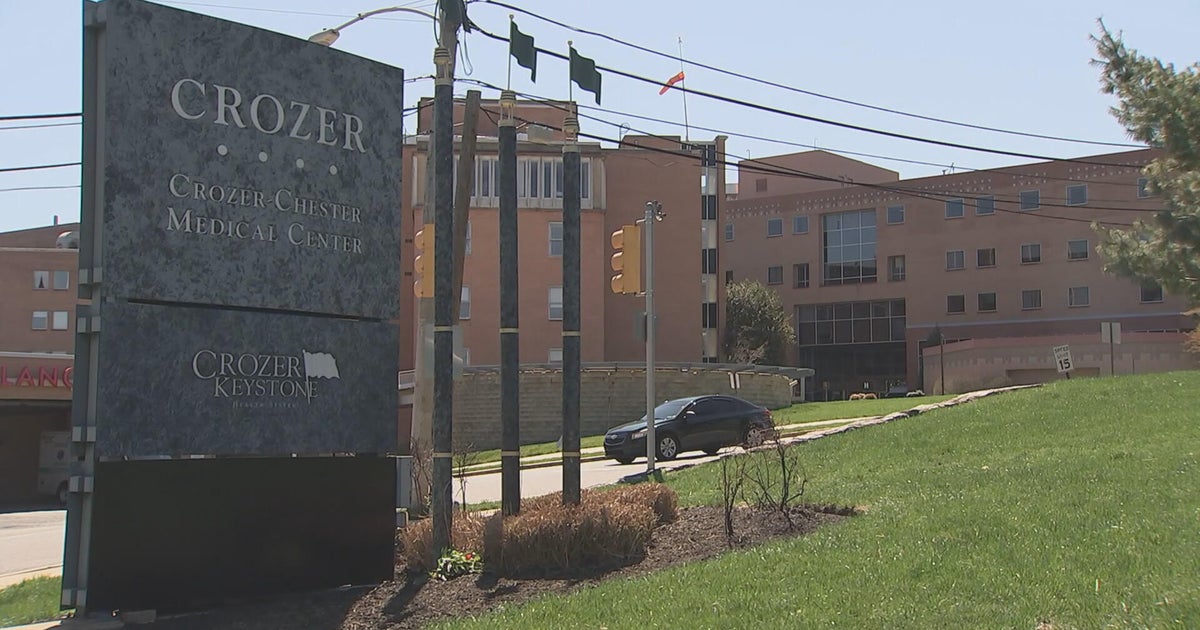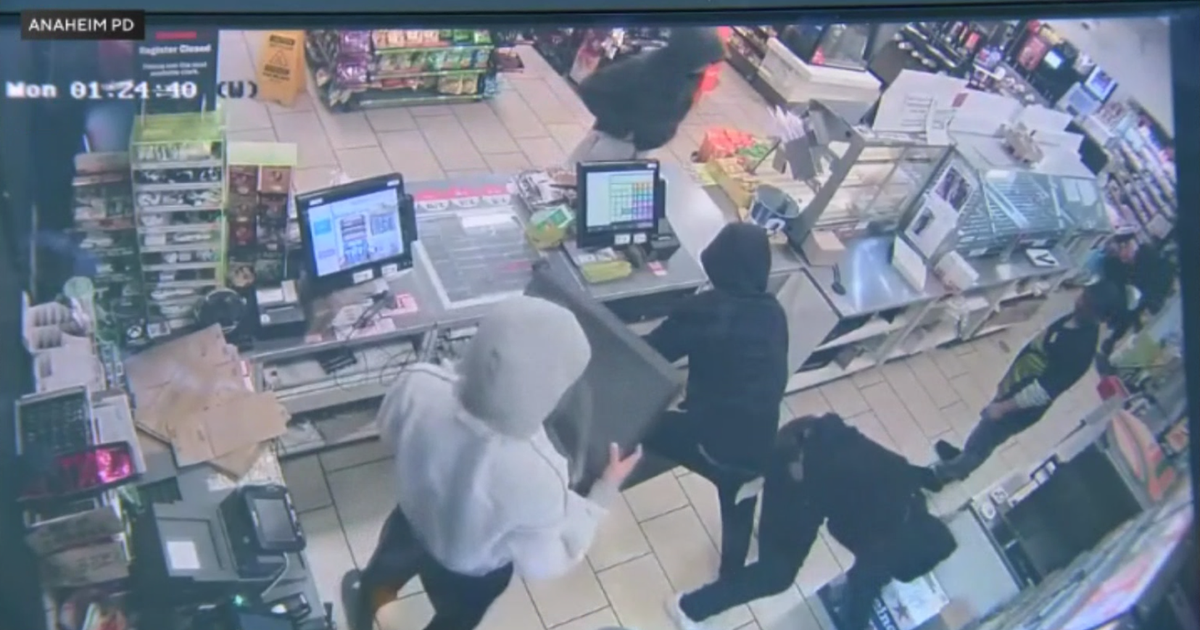CBS News Miami investigation: 988 suicide crisis line answer rates lag in Florida
MIAMI - In July 2022, the 988 system was unveiled across the country so that anyone thinking about suicide or having a mental health problem could call a simple three-digit number for help.
"All across our country, people are hurting and they need help," said Jessica Rosenworcel, the chair of the Federal Communications Commission on the day it was launched. "The good news is getting that help just got a lot easier. Effective immediately, if you call or text 988, you will be connected to the 988 Suicide and Crisis Lifeline. There, professional support is available for anyone with a mental health emergency."
In a little more than a year, more than 7 million calls have been placed to 988. Callers are routed to a call center in their community where the staff is aware of the services available and can help them find support and local resources.
"Statistically, the vast majority of folks have their needs met by being heard, by having an interaction with a compassionate human being who cares," said Mike Martin, who oversees the 988 call center in Pensacola that handles calls from ten counties across the Panhandle
"But let's face it," he continued, "there are absolutely callers who have a valid and legitimate mental health concern. So if you are not familiar with the local community mental health centers, the local health clinics, the local clergy, if you're not familiar with those resources, it's more difficult to make that handoff. So that's why it's really important that it be locally based.
But a CBS News Miami investigation found that Florida has one of the lowest answer rates in the country – with just 69 percent of the calls being handled by a local call center between October 1, 2022 and September 30, 2023.
If the local call center is backed up or understaffed, the call is routed a national call center which will offer help, but may not know the best resources available locally.
There are more than 200 call centers across the country and the local answer rate is 88 percent, according to VIBRANT, the agency overseeing the 988 program nationally.
But with an answer rate of just 69 percent, Florida ranks near the bottom of the 50 states. The numbers have been improving every month, from a low of 52 percent in October 2022 to 74 percent in September. However, even with those improved numbers in September, Florida's answer rate for the month was still 45th in the country.
"I do think we got a slow start," said Gayle Guise, the executive director of the Florida Mental Health Coalition, which has been advocating for increased support for 988 in Florida. "I don't think the call centers got the funding they needed initially to ramp up, but I think we're getting there. I think we will hit 90% in the next year."
Two years ago, when the plans were being drawn up in Florida to roll out 988, the state Department of Children and Families conducted a study and determined 988 needed at least $25 million a year in funding to properly staff and train workers at the state's thirteen local call centers. According to Guise, the call centers received less than half that amount.
"We really want to be able to ramp up and have a robust system, and we want our call centers to be able to advertise and hire and train and be ready for a surge in calls," Guise said. "So it's important. I don't know exactly how much money is needed, but our call centers are putting together those figures."
Currently most of the money comes from federal grants but securing a stable source of funding from the state is critical, Guise and others said. Mike Martin has about 30 full-time staffers trained to handle 988 calls.
As the 988 system becomes better known and used, Martin believes he will need another 12-15 staffers.
Stephen Sardelis, who supervises a 988 call center in North Florida that covers eight counties, said that because he only has 17 paid staffers and has to rely on volunteers to cover the phones 24 hours a day, seven days a week.
"I think our volunteer program was great to have, but with a utility like this that we want to be accessible and readily available to everybody, we really ought to have enough paid staff dedicated to making sure that can happen at the rate that it is expected to happen," he said, "which is answering at least 90% of our calls within the first 30 seconds."
In South Florida, the two local call centers are having their own struggles.
The call center operated in Broward had an answer rate of just 43 percent – meaning a majority of the calls to the 988 center in Broward end up being answered by someone in another state.
In a statement to CBS News Miami, the agency running Broward's system said they are seeing improvements in recent months: "We have redirected non-988 staff and resources to support 988 but can't continue to do that indefinitely. We need additional resources both to maintain and to continue increasing the local answer rate. Specifically, we need to add more staff to answer calls, additional infrastructure (training, supervision, counselor support), and to increase salaries in order to avoid turnover."
The call center for Miami-Dade and Monroe counties has an answer rate, according to Vibrant, of 56 percent between October 1, 2022 and September 30, 2023.
Jewish Community Services operates the 988 call center for Miami-Dade and Monroe counties. Miriam Singer, the executive director, strongly disagreed with Vibrant's numbers, claiming their own internal review shows their answer rate is over 86 percent and not the 56 percent cited by Vibrant.
"Vibrant's published data regarding JCS' answer rate is not accurate," Singer wrote in response to questions from CBS News Miami. "Vibrant has continued to publish inaccurate data for some time."
She cited an email from Vibrant in February which suggested it's method of calculating the local answer may not always be accurate. "Based on reviewing many variances across the network of differing volume, it has been concluded that a variance of up to 5% answer rate - and up to 150 calls - is anticipated," according to the Vibrant email to JCS in February.
Vibrant did not address the issues raised in the email when asked by CBS News Miami.
Asked about state funding for the 988 system, Singer wrote: "JCS has adequate resources to support the JCS Contact Center which houses the 988 service. Our agency is expecting additional funding from the State of Florida in the near future. Over the last two years, the State of Florida has provided additional funds to JCS to cover staff compensation. This helps recruitment and retention while also ensuring high-quality care for our JCS Contact Center clients."
Florida has other problems as well. Currently none of the 13 call centers in the state are set up to handle texts and chats locally – a system designed to help younger people with mental health issues.
Between October 2022 and September 2023, 36,670 texts and 33,688 chats were sent to 988 from Florida but all of them were handled by call centers in other states.
"It's not just about the call centers, it's about the whole crisis response system," Guise said. "It's about mobile response teams and centralized receiving centers, where someone can go and get stabilized. And 988 gives us the ability to identify gaps in the system so we can use those gaps to create a much better, more robust system. And we actually save money because we're helping people up front."
Increasing funding for the 9-8-8 system is expected to be one of the issues the Governor and the Florida Legislature will consider in the upcoming legislative session. But by all indications, the number of calls to 988 are only expected to increase.
